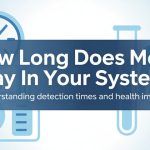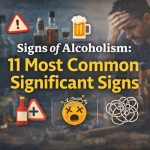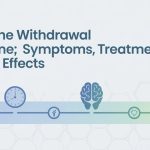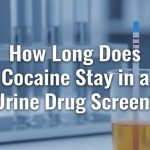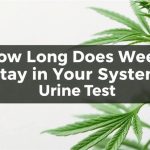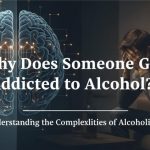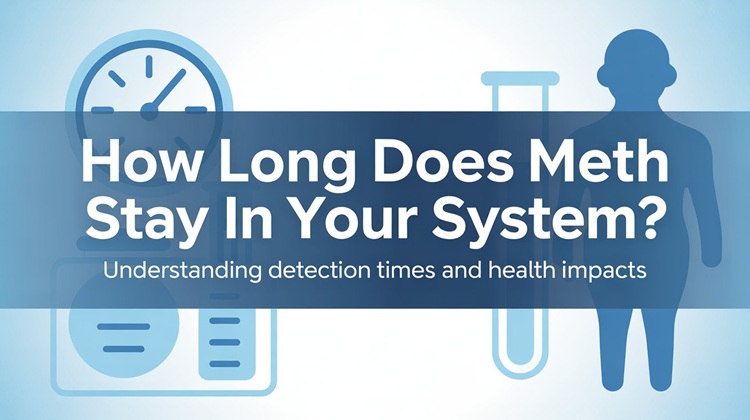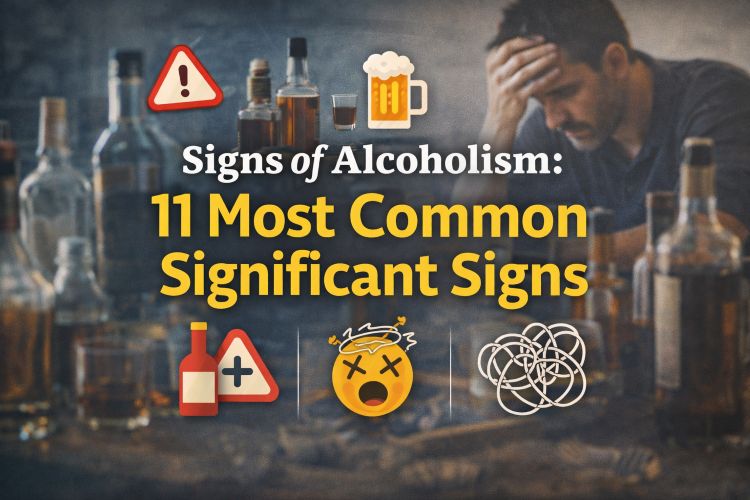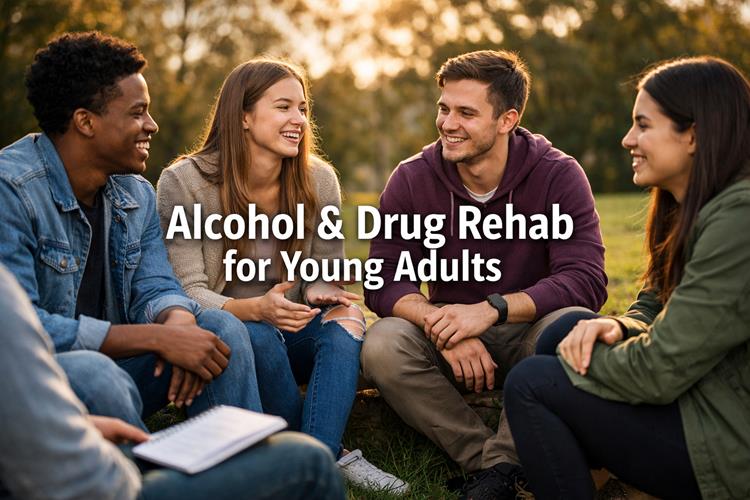Life presents us with various challenges and obstacles that can sometimes become overwhelming. Among the most pervasive challenges are alcohol and substance abuse. These issues can have profound effects on an individual’s well-being, relationships, and overall quality of life. Knowing when to ask for help and seeking treatment is crucial for managing these conditions effectively. We will explore the signs that verify your need for assistance in dealing with alcohol and substance abuse.

Recognizing the Signs: Changes in Behavior: A noticeable change in behavior, such as increased aggression, depression, anxiety, apathy, paranoia, impulsivity, or withdrawal from social activities, can be a warning sign of underlying issues. It is essential to pay attention to sudden shifts in behavior that are out of character.
Decline in Performance: A decline in school or work performance, missed deadlines, bad attention to detail, poor quality of work or frequent absences may be indications of an underlying problem. If you or someone you know is struggling to meet their responsibilities, it could be a sign of alcohol, substance abuse, or mental health issues.
Relationship Struggles: Frequent conflicts, strained relationships, and isolation from loved ones can be a result of untreated mental health disorders or substance abuse. Struggling to fulfill parental responsibilities and provide adequate care for your children, despite your sincere desire to be a good parent, is an alarming indication that your substance use is spiraling out of control. These issues often impact interpersonal dynamics, parental custody and make it difficult to maintain healthy connections.
Physical and Emotional Symptoms: Unexplained weight loss or gain, frequent illnesses, sleep disturbances, changes in appetite, fits of rage, fear and intense mood swings may all point towards the need for professional help. These symptoms usually indicate an underlying mental health disorder or substance abuse problem.
Escalation of Substance Use: Increased tolerance, dependency, or a constant need for higher doses of alcohol or substances can signify an addiction problem. If efforts to cut back or quit are unsuccessful, it is important to seek help to address the addiction before it worsens.
Legal Troubles: If you find yourself facing legal issues related to your alcohol or substance abuse, it is a clear indication that professional help is needed. Legal troubles can have severe consequences, including fines, probation, or even incarceration. Seeking treatment not only helps address the underlying addiction but also demonstrates your commitment to making positive changes and complying with the law.
Inability to Quit on Your Own: Addiction is a complex condition that often requires professional intervention for successful recovery. If you have made repeated attempts to quit alcohol or drugs on your own but have been unsuccessful, it is a sign that you need additional support. Seeking help from a drug rehab center or mental health professional can provide the tools, strategies, and guidance necessary to overcome addiction and maintain long-term sobriety.
Trouble with Employment: Substance abuse can significantly impact your work performance, accountability, and professional relationships, leading to job instability or loss. If you are facing challenges at work, such as frequent absences, missed deadlines, or declining productivity due to alcohol or substance abuse, seeking treatment becomes crucial. Rehab programs can equip you with coping skills, relapse prevention techniques, and support networks that can help you regain control of your professional life.
Continued Use Despite Negative Consequences: One of the defining characteristics of addiction is the persistence of substance use despite negative consequences. If you find yourself experiencing health problems, damaged relationships, financial difficulties, legal troubles or emotional turmoil because of your alcohol or substance abuse, it is a strong indication that professional help is necessary. Addiction and Alcoholism is a progressive disease, meaning usually the consequences get worse and worse the longer the condition goes untreated. Treatment programs can address the underlying issues contributing to continued substance use, provide therapy for healing, and support you in making positive changes.
Trouble with Personal Relationships: Substance abuse often strains personal relationships, causing conflicts, mistrust, and emotional distance. If your alcohol or substance use has negatively impacted your relationships with family, friends, or romantic partners, seeking treatment is essential. Rehab programs can offer counseling and family therapy to repair damaged relationships, improve communication, and foster a supportive environment for your recovery journey.
Drinking More Than Intended: If you consistently find yourself drinking more than you intend to or have difficulty controlling your alcohol consumption, it may indicate the presence of an alcohol use disorder. This loss of control over your drinking habits is a clear sign that seeking professional help is necessary. Treatment programs can assist in developing healthy coping mechanisms, addressing underlying issues that contribute to excessive drinking, and providing ongoing support to help you regain control of your life.
In conclusion, legal troubles, inability to quit on your own, trouble with employment, continued use despite negative consequences, trouble with personal relationships, and drinking more than intended are all valid reasons to ask for help in addressing alcohol or substance abuse. The National Institute on Drug Abuse states, “Addiction is not a choice anybody makes. It’s not a moral failing. It’s not an attempt to hurt anyone. It’s a condition that comes from changes in the brain that make it hard to quit using drugs or alcohol.” Recognizing these signs and seeking treatment demonstrates your commitment to personal growth, recovery, and creating a healthier, more fulfilling life. Remember, reaching out for help is a courageous step toward a brighter future.






